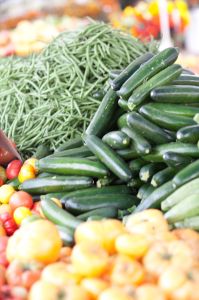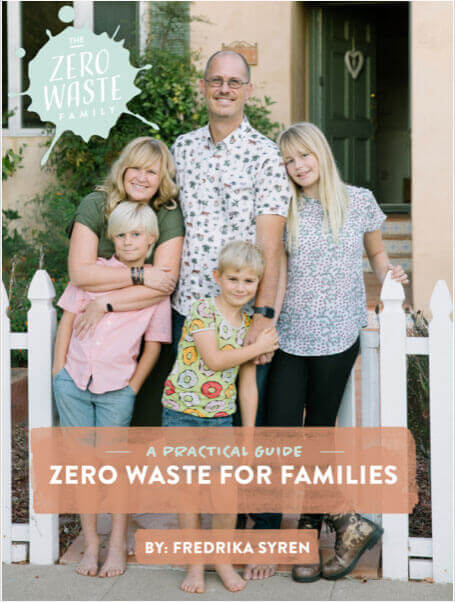By Emelie Sandström:
On a daily basis, I will see/hear/read about people who think eating organic food is way too expensive. So theyʼll go for the quick, easy option of a frozen meal or something similar. Whether a student or anyone else on a limited budget, eating organic and healthfully can seem like a really difficult challenge. Some may say it is impossible. I beg to differ.
 I have to pay for rent, bus fares, books and anything else that comes my way. Oh, and food. I want to eat healthy, organic food. At the beginning, this seemed to be a real challenge but I decided to try anyway. Because meat is expensive and therefore not very budget friendly, I became a flexitarian (basically a vegetarian, but I eat meat when it is offered or there are no other options available) and decided not to buy any meat.
I have to pay for rent, bus fares, books and anything else that comes my way. Oh, and food. I want to eat healthy, organic food. At the beginning, this seemed to be a real challenge but I decided to try anyway. Because meat is expensive and therefore not very budget friendly, I became a flexitarian (basically a vegetarian, but I eat meat when it is offered or there are no other options available) and decided not to buy any meat.
To keep the costs down even more, I try to buy seasonal foods and eat inexpensive foods like oatmeal for breakfast, and use a lot of lentils (great source of protein!). I also recommend visiting the local farmersʼ market, as they usually charge the same price or less for most common organic foods like carrots, salads and onions.
An added bonus when shopping at the local farmersʼ market is that your money goes straight to the farmer instead of to some

middleman/company where the farmers get next to nothing for all their hard work. Another good thing about shopping at markets is that you can ask where and how the vegetables are produced. (Make sure the produce is local for minimum environmental impact.)
My tip to students or anyone else on a tight budget: learn how to cook from scratch. And plan! Planning is the key to being able to eat healthy, budget friendly food. Many will say the opposite and think it is time-consuming to stand in a kitchen and cook a meal every day. The truth is that, if you plan, you may end up spending less time in the kitchen.
I make sure I cook during the weekend, and usually Iʼll make a soup, a salad and a curry of some sort. This then keeps me going for the next week (lunch and dinner). Sometimes Iʼll freeze some meals so I have something to eat when my cash starts to dry up.
Even though organic food may be slightly more expensive, you probably get more nutrients for the same amount of money. This means that you need to eat less food as well. And isnʼt it great to know that the extra money contributes to a better environment, happier farmers and a brighter future?
For more tips:











camilla
i really enjoyed this article. Its great that students get some practical ideas. We need more of this 🙂